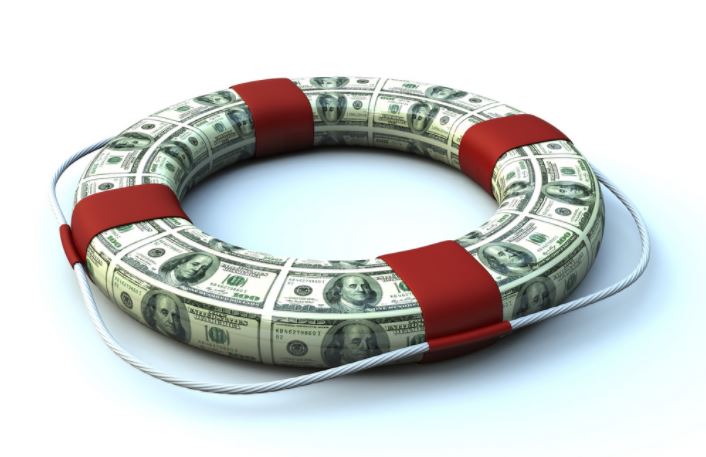Having a health care emergency fund will help in handling medical emergencies well. Some modern medical procedures are prohibitively expensive and middle-class families will find it difficult to bear the expenses without adequate preparation. One of the best ways to face a big medical bill is by having a health care emergency fund. A health care emergency fund is part of our savings that is kept aside to meet all kinds of medical emergencies.
Some of the tips for maintaining a health care emergency fund are elucidated below:
Decide Upon the Amount You Need to Keep in the Health Care Emergency Fund
First and foremost, decide upon the amount you need to keep in the health care emergency fund. A good measure of the amount that needs to be kept in an emergency fund is that it should be able to pay for all minor surgical and non-surgical procedures.
People without medical insurance should consider keeping more amount in the emergency fund. However, the amount that will be kept aside as part of the fund will be decided by your earnings and saving potential.
Allocate Money to Your Health Care Emergency Fund Regularly
Medical costs will only increase in the future and never fall. The only way to meet the raising medical costs is by regularly allocating money to your health care emergency fund. Try to put aside a small amount to be added to your emergency fund (either quarterly or yearly).
Reduce some of your other expenditure if you cannot allocate amount to your emergency fund regularly.
Keep the Fund Accessible
Health care emergency fund should be accessible. You can maintain a health care emergency fund in the form of a fixed deposit or just keep the money in your savings account.
But the most preferred way to keep your health care emergency fund is in a money market mutual fund. Money kept in a money market mutual fund can be withdrawn with ease.
Money market mutual funds give a better return than the regular fixed deposit. No exit load is imposed on money withdrawn from a money market mutual fund.
Never Invest Money in the Health Care Emergency Fund in Securities like Equities
Money that is kept aside as a health care emergency fund should not be invested in securities like Equity. Value of equity will vary from one day to the other.
In the times of a bear market, the value of equity might fall drastically (sometimes, more than 50 percent). A drastic fall in the value of your health care emergency fund will make it difficult to meet your medical emergencies.
Sometimes, equity investments might result in a permanent loss. Hence, equities are not ideal for keeping your health care emergency fund despite the higher returns earned on them. Remember that returns are secondary in the case of a health care emergency fund.
Never Use the Money in Your Fund for Other Purposes
It should be remembered that a health care emergency fund should never be used for any other purpose than meeting medical emergencies. It is after all kept aside for meeting medical expenses.
Since you never know when you might need access to the fund, do not even take the money out for meeting other temporary expenses like paying a down payment for buying a car or going on a vacation. You might want to deposit the money back into the emergency fund but might not be able to do that till any emergency strikes.
Health care emergency funds are not just for people who do not have a medical insurance policy. People who have a medical insurance policy can also maintain a health care emergency fund so that the medical expenses that are not covered under the medical insurance policy can be paid out of the fund. However, they can maintain a smaller emergency fund than the people who do not have any medical insurance coverage.








